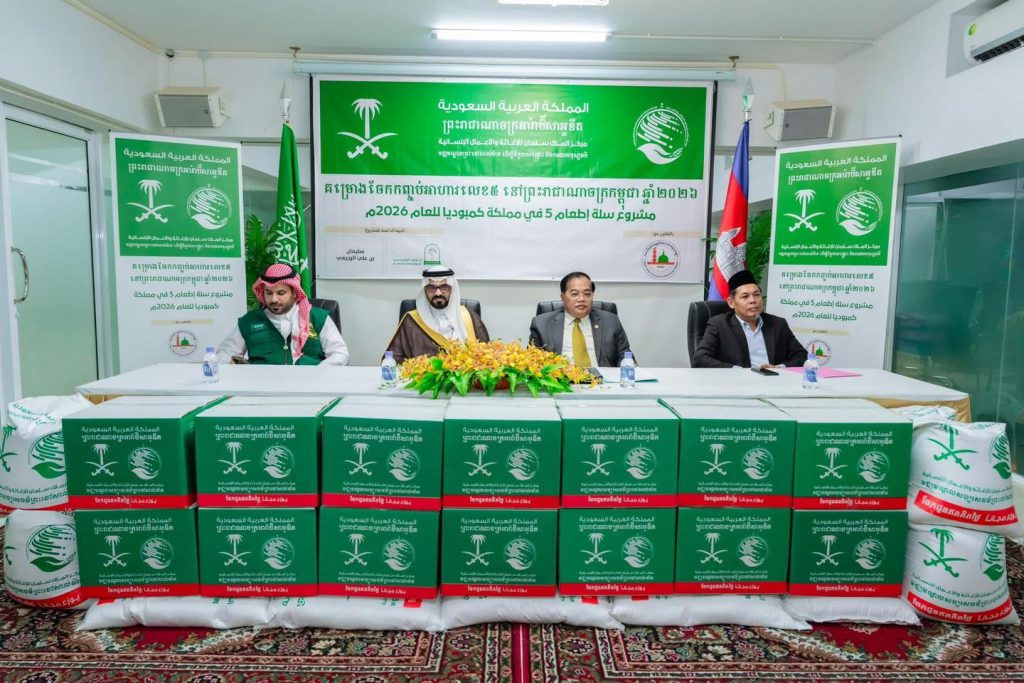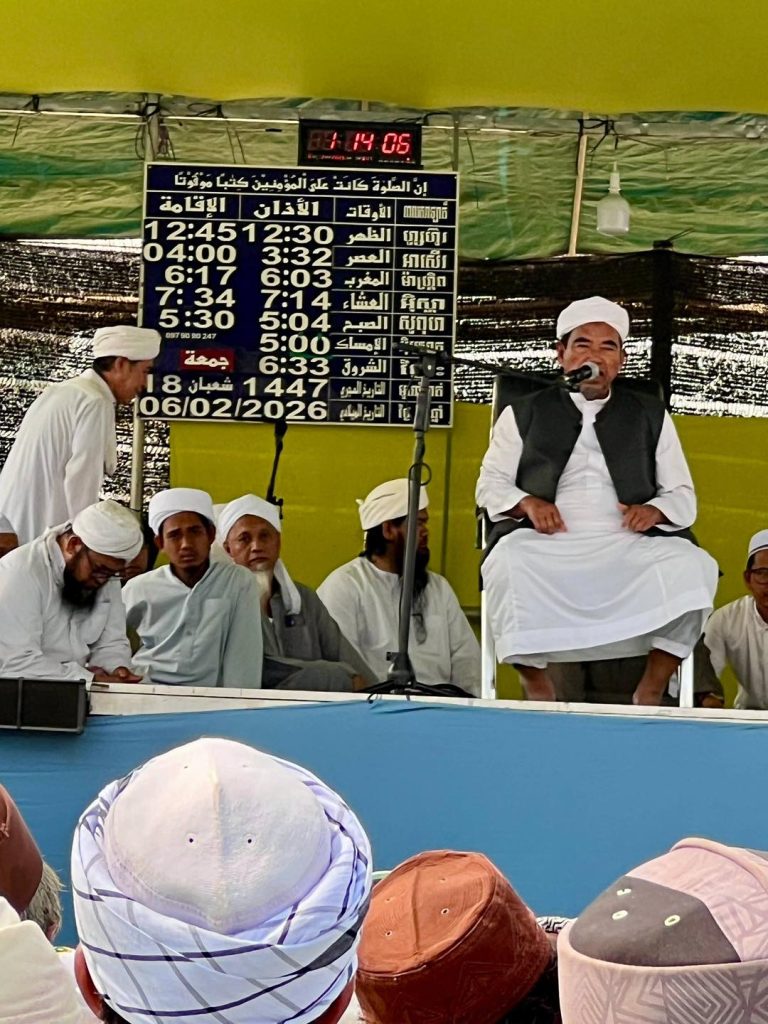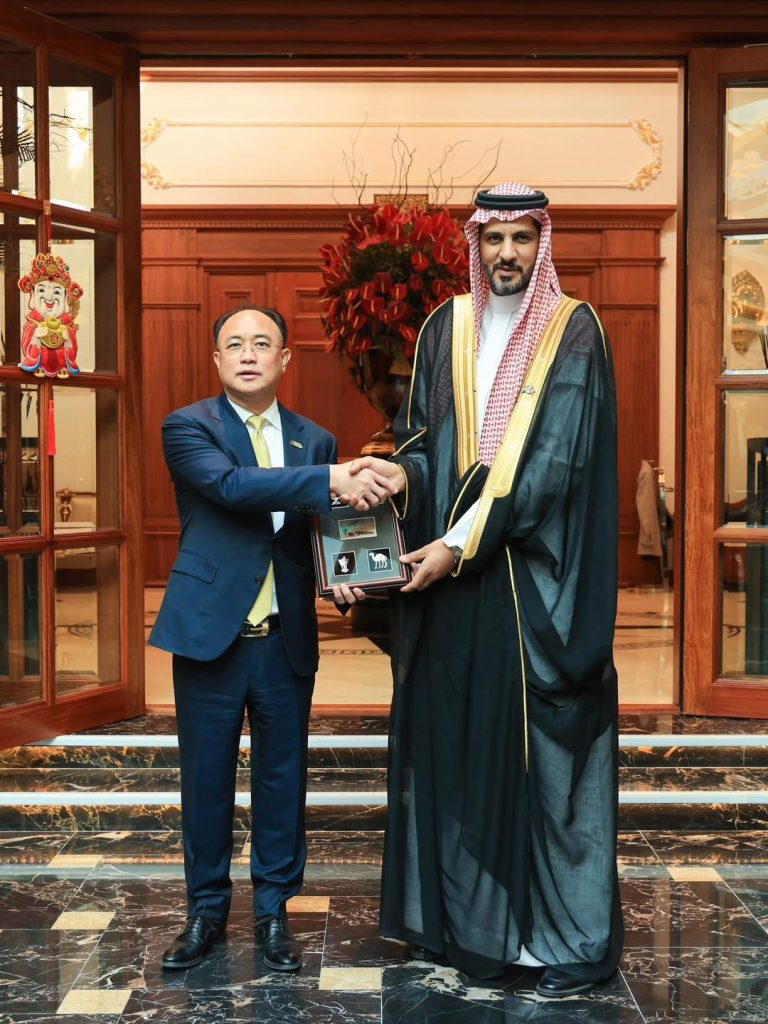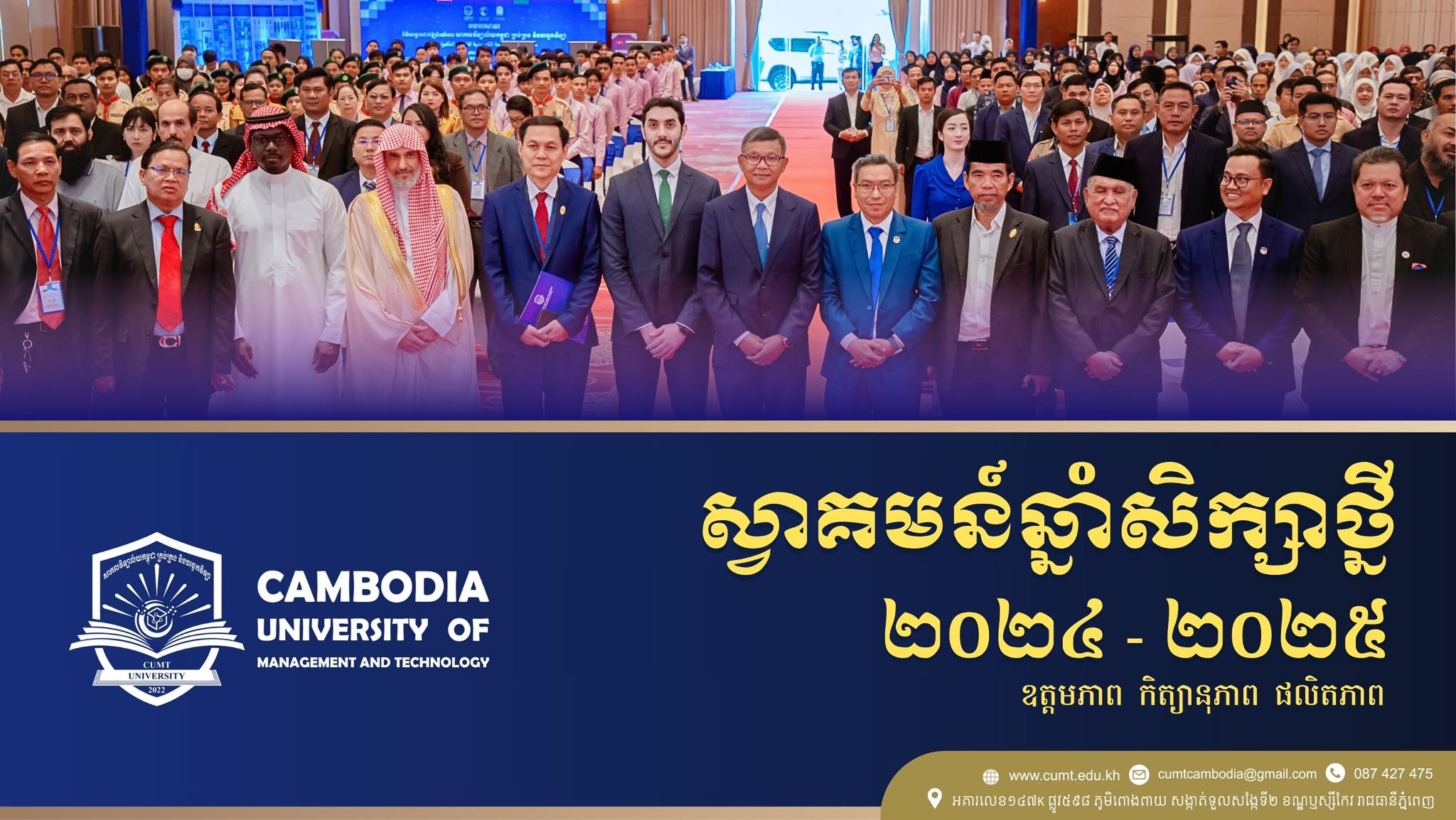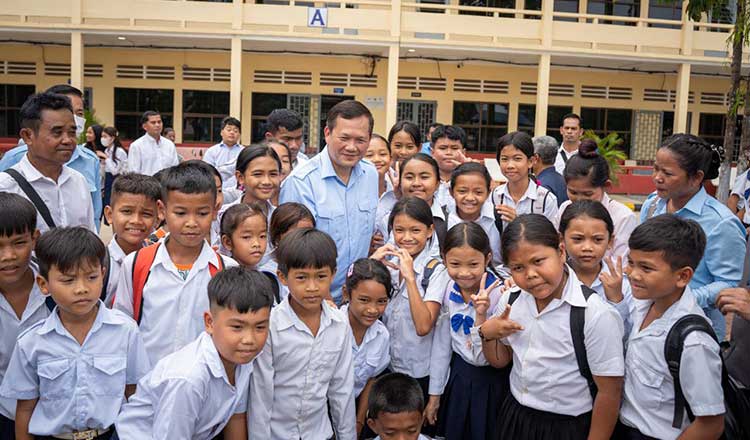
Prime Minister pays surprise visit to Kampong Chhnang school


In a surprise visit on Saturday, Prime Minister Hun Manet called on Anuwat Primary School in Sre Proeng village, Kampong Chhnang commune.
His spontaneous outing was part of an initiative to assess the progress of educational reform.
The friendly stop – conducted without prior notice to the teachers, students or local authorities – underscored the government’s commitment to improving the quality of education across Cambodia.
The Prime Minister’s visit followed his recent unannounced inspection of Pub Street in Siem Reap, where he engaged with the tourism sector to understand the challenges it faces and gather impressions.
At the primary school, Mr Hun Manet met with teachers and guardians, emphasising the critical role of education in national development. He revealed plans to conduct similar spontaneous visits in other areas to get a first-hand understanding of the challenges facing various sectors.
Mr Hun Manet outlined the government strategy to improve the education system, which focuses on four key areas: strengthening school governance, updating curricula and extracurricular activities, promoting student health through nutrition programmes, and encouraging community involvement.
He stressed the importance of building a strong educational foundation from kindergarten to high school and announced that 42 primary schools in nine provincial capitals have been selected to pilot these reforms.
The schools are seen as model institutions that will be studied for the valuable lessons they can offer for broader implementation. The Prime Minister highlighted Wat Bo Primary School in Siem Reap as a standout example of a model school.
He instructed the Minister of Education to extend the Khmer language and mathematics reading package to grades four to six, expanding on the current implementation for grades one to three.
He supports also the extension of teaching hours in targeted schools, which has garnered positive feedback from parents. Finally, the prime minister called for improved traffic safety measures for students.
Pech Sarath, director of Anuwat Primary School, reported significant progress since the introduction of the new government reforms. He noted improvements in students’ respect for cultural traditions and an increase in English language proficiency among second- and third-grade students.
He added that the school is planning to introduce technical skills training for older students and has been actively encouraging community participation in school events.
Despite these advancements, Sarath acknowledged there are some areas that still need attention, particularly implementing student health and nutrition programmes.
“I urge the National Commission for Promoting the Implementation of Key Measures in the Education Sector to support these efforts,” he said.
In recent years, education expenditure in Cambodia has increased, leading to positive outcomes such as higher spending in provinces and improved teacher salaries.
Decentralisation efforts in the education sector have resulted in a significant rise in expenditures for provincial departments. The Ministry of Education, Youth, and Sport (MOEYS) reported that the provincial share of the total education budget increased to 88% in 2021, up from 80.6% the previous year and 75.8% in 2015.
According to a World Bank report published in February, increased educational expenditure has also led to higher salaries for many staff in 2021 compared to 2011. Starting salaries for upper secondary teachers doubled between 2014 and 2020 through increases in base salary and allowances.
In May, the World Bank Board of Executive Directors approved an additional $79.5 mil to expand ongoing efforts to improve access to quality education in Cambodia. This funding will enhance a project initially approved in January 2022, which began with a $69.25 million investment.
According to a World Bank press release on May 30, the additional funding comprises a $60 million loan from the International Development Association, a World Bank fund aimed at helping the most vulnerable, and a $19.5 million grant from the Global Partnership for Education.
The increased funding will expand project activities across a wider range of educational institutions throughout Cambodia, benefiting 500 secondary schools, 1,000 primary schools, and 90 kindergartens.


